GET IN TOUCH
REQUEST A CALL BACK
Menu Call Back Form
(715) 223-0418
What Are Solar Farms and How Are They Beneficial?
As the world increasingly seeks renewable sources of energy, solar farms have emerged as one of the most promising solutions. These large-scale arrays of solar power panels capture sunlight, converting it into electricity that can power homes, businesses, and even entire communities. With growing environmental concerns and a shift towards sustainable practices, solar farms are gaining attention not just from environmentalists but also from broader society. But what exactly are solar farms, and why are they beneficial?
Solar Farms Overview
According to our experience, solar farms, sometimes referred to as photovoltaic power stations, consist of numerous solar panels strategically placed to maximize sunlight capture. These installations can range from small community arrays to massive fields that span hundreds of acres. Unlike individual rooftop solar panels, solar farms are designed to harness solar power on a scale that can significantly contribute to the electrical grid. As the demand for clean energy continues to grow, solar farms represent a promising solution for a sustainable future.
Environmental Benefits
One of the primary benefits of solar farms is their ability to generate large amounts of electricity without producing greenhouse gases, which is crucial in combating climate change as traditional fossil fuels significantly contribute to global warming. According to Solstice, an overwhelming 89% of Americans support the expansion of more solar farms, illustrating the growing public consensus for clean energy alternatives. Additionally, solar farms have relatively low operational costs once installed, since sunlight is a free and abundant resource, making solar electricity increasingly competitive with traditional energy sources and potentially lowering energy costs for consumers in the long run.
Local Economic Impact
Another significant advantage of solar farms is their potential to create jobs and stimulate local economies. The construction, maintenance, and operation of these large-scale solar installations require a range of skilled labor. Communities hosting solar farms often see economic benefits through job creation and increased tax revenue. Furthermore, by reducing dependence on imported fossil fuels, solar farms contribute to energy security and national self-sufficiency.
Solar farms represent a pivotal shift towards sustainable and renewable energy. By generating large quantities of clean electricity, they help mitigate climate change, reduce reliance on fossil fuels, and provide economic benefits. With overwhelming public support and ongoing technological advancements in solar power, the future looks bright for solar farms. If you'd like to learn more, give our team a call at Northwind Solar today to get more information.

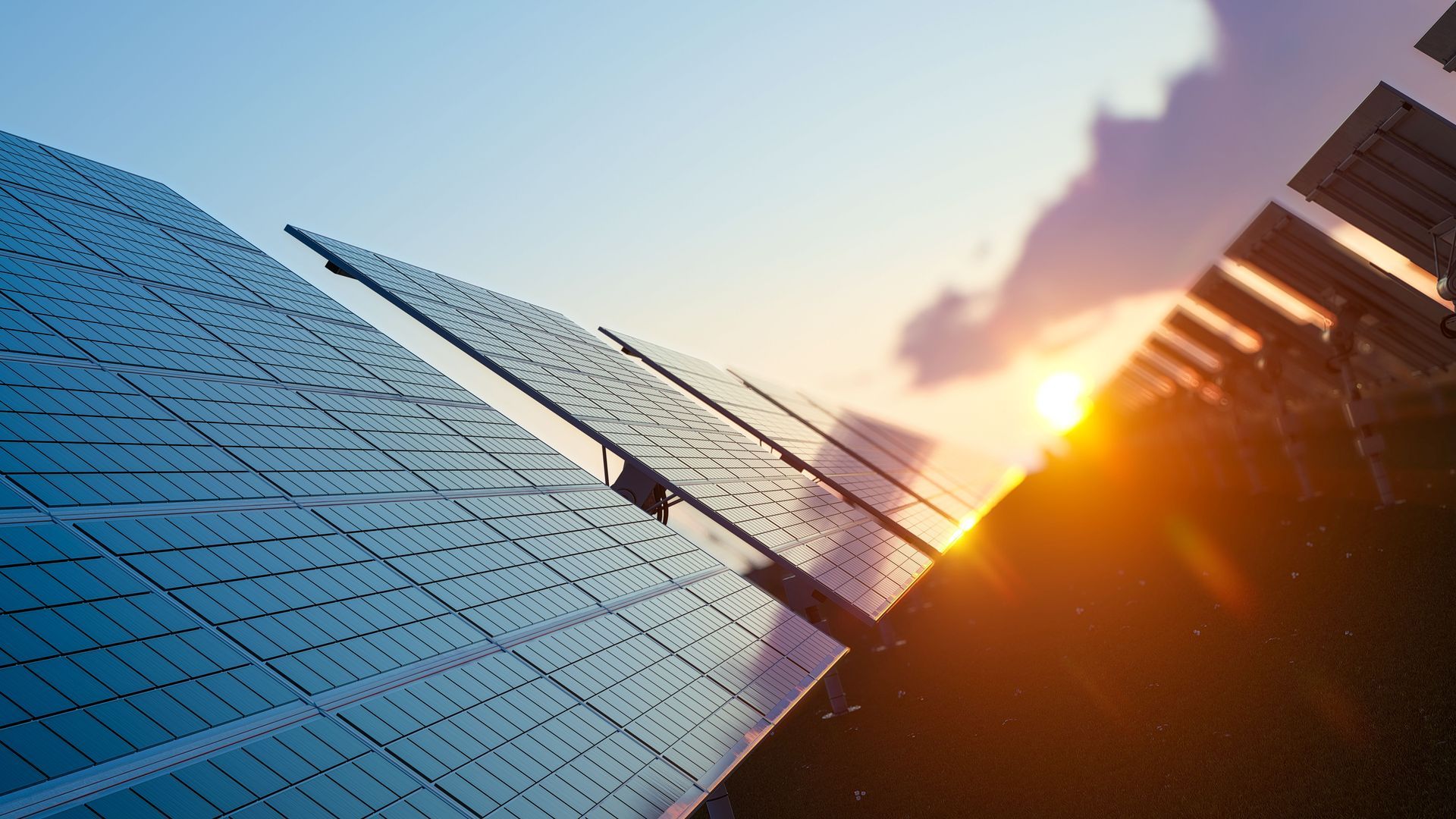
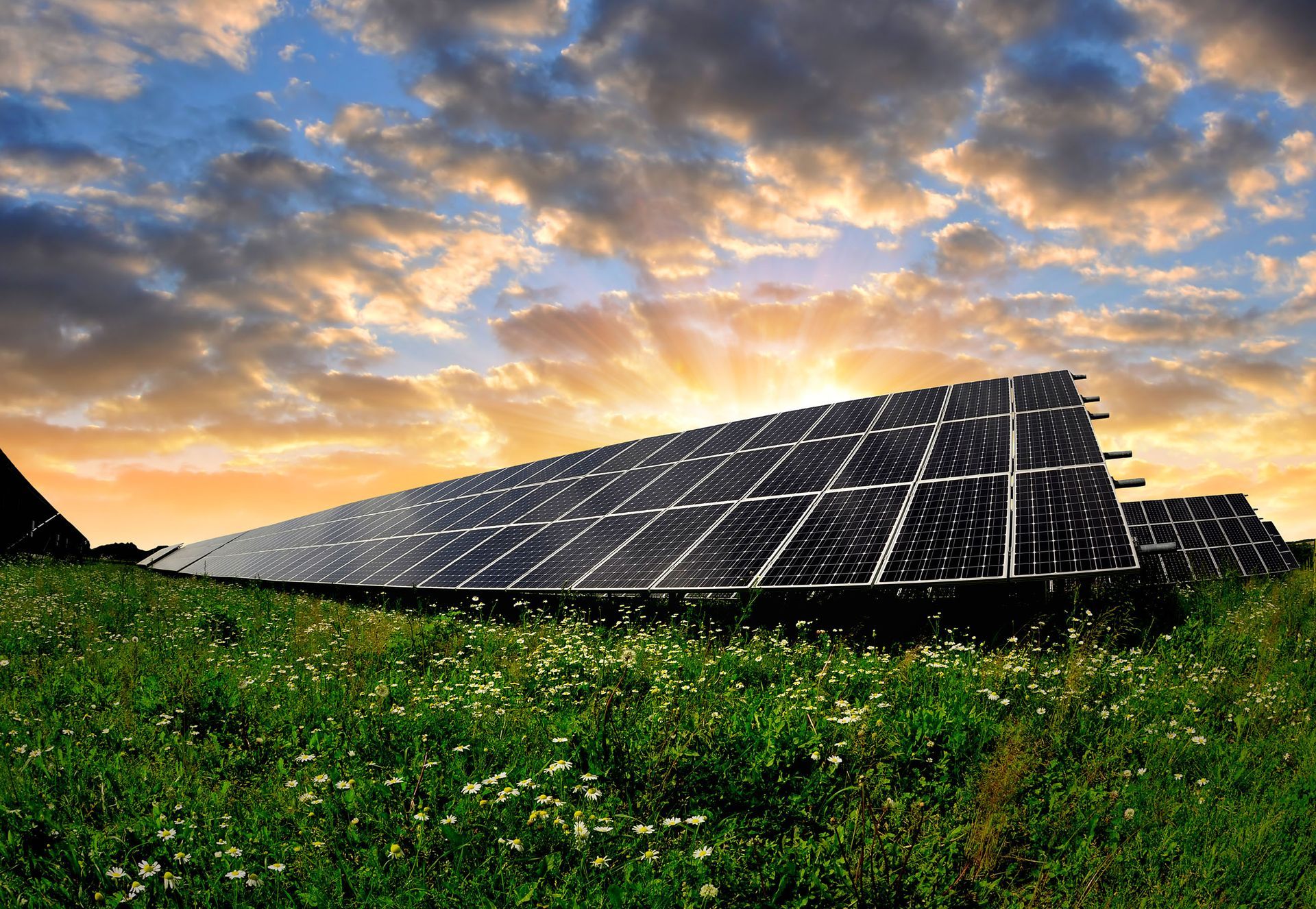
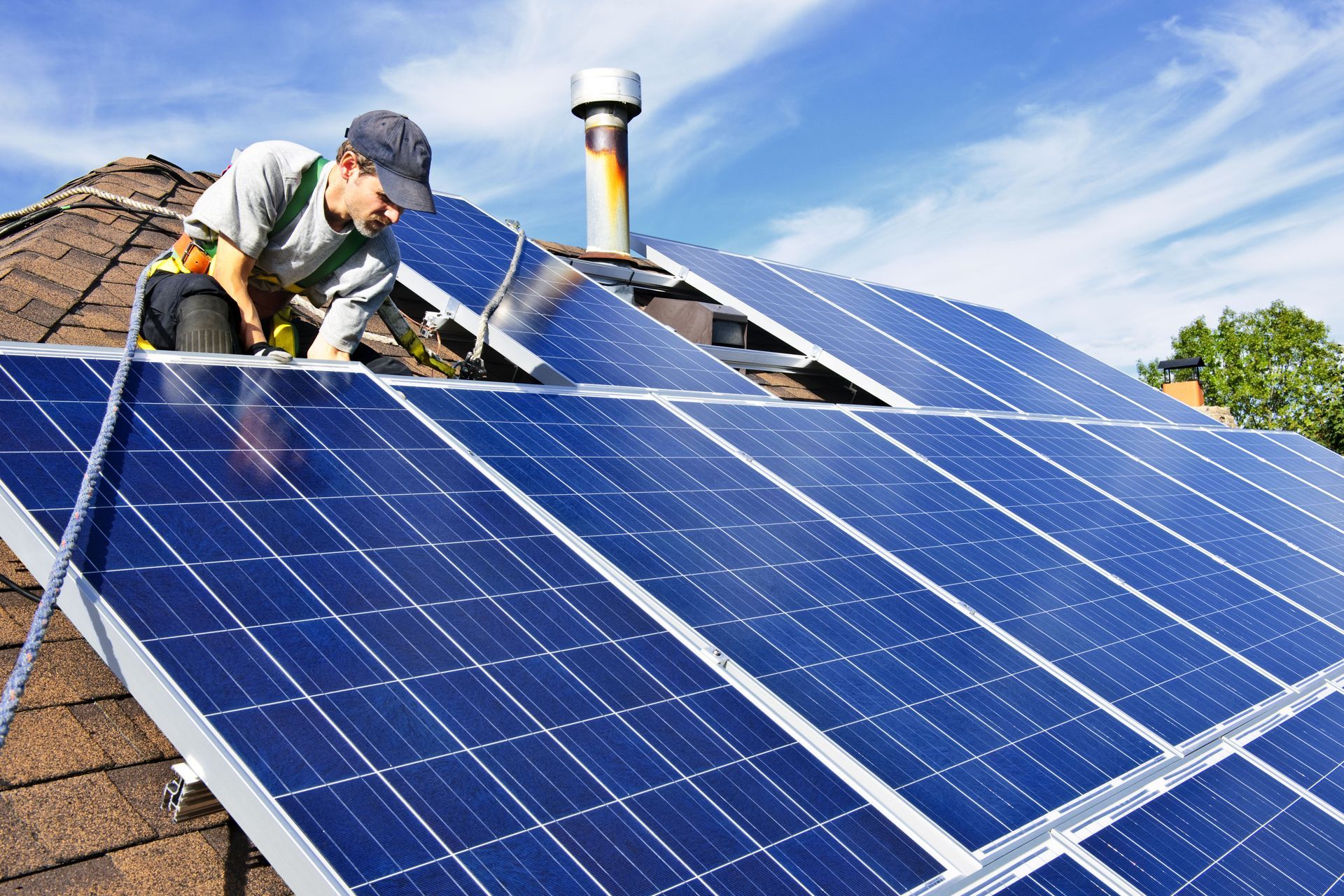
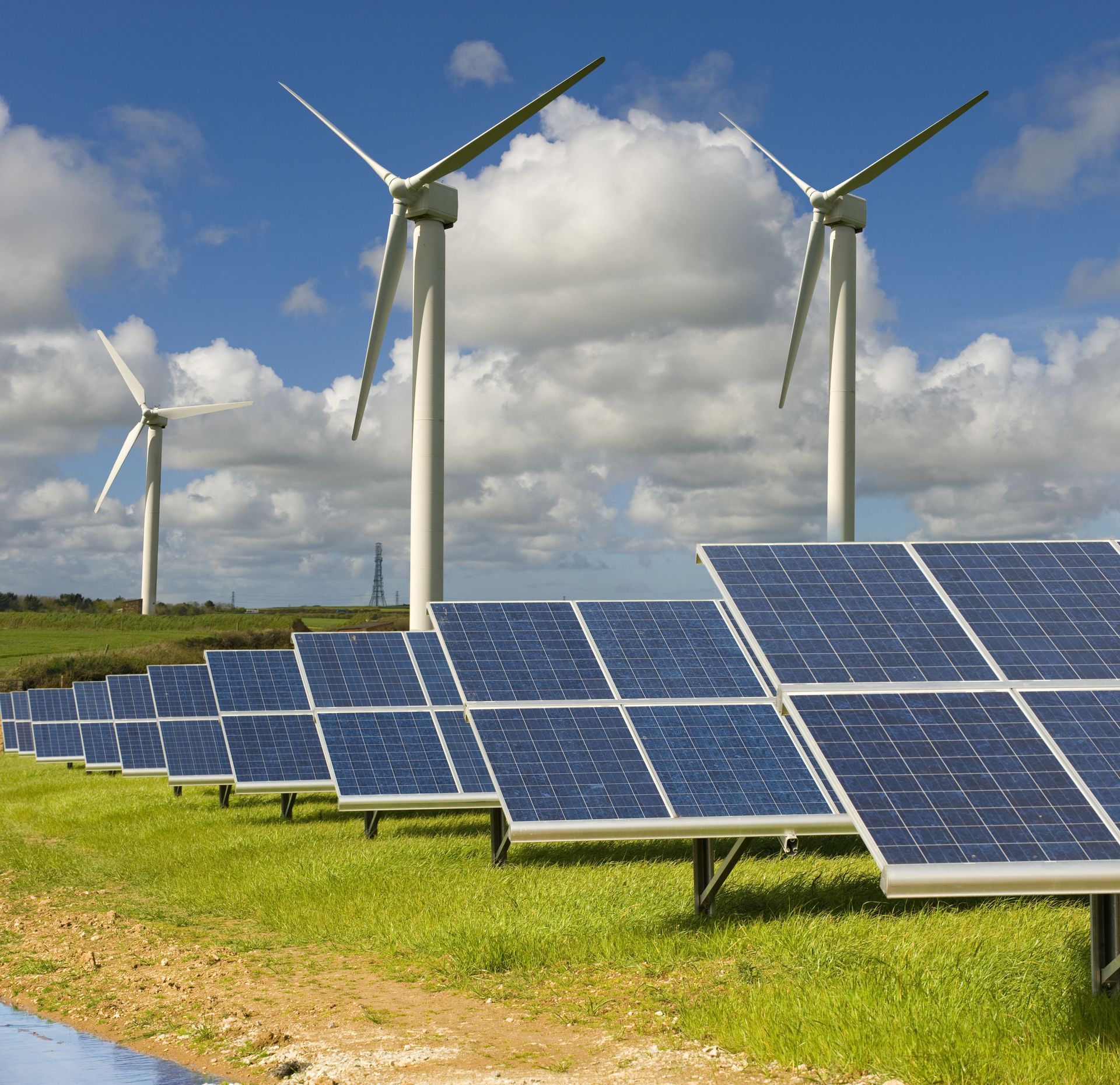
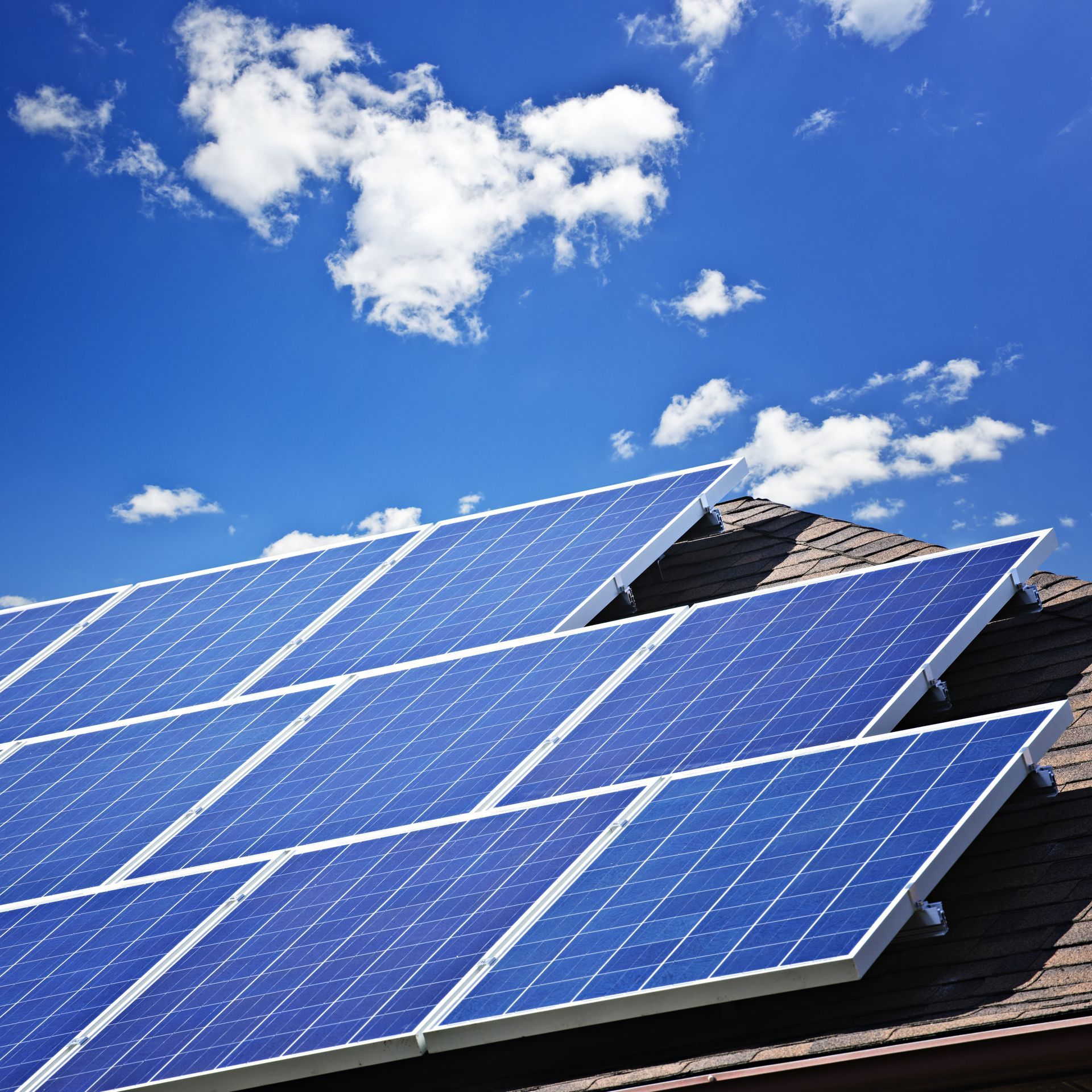
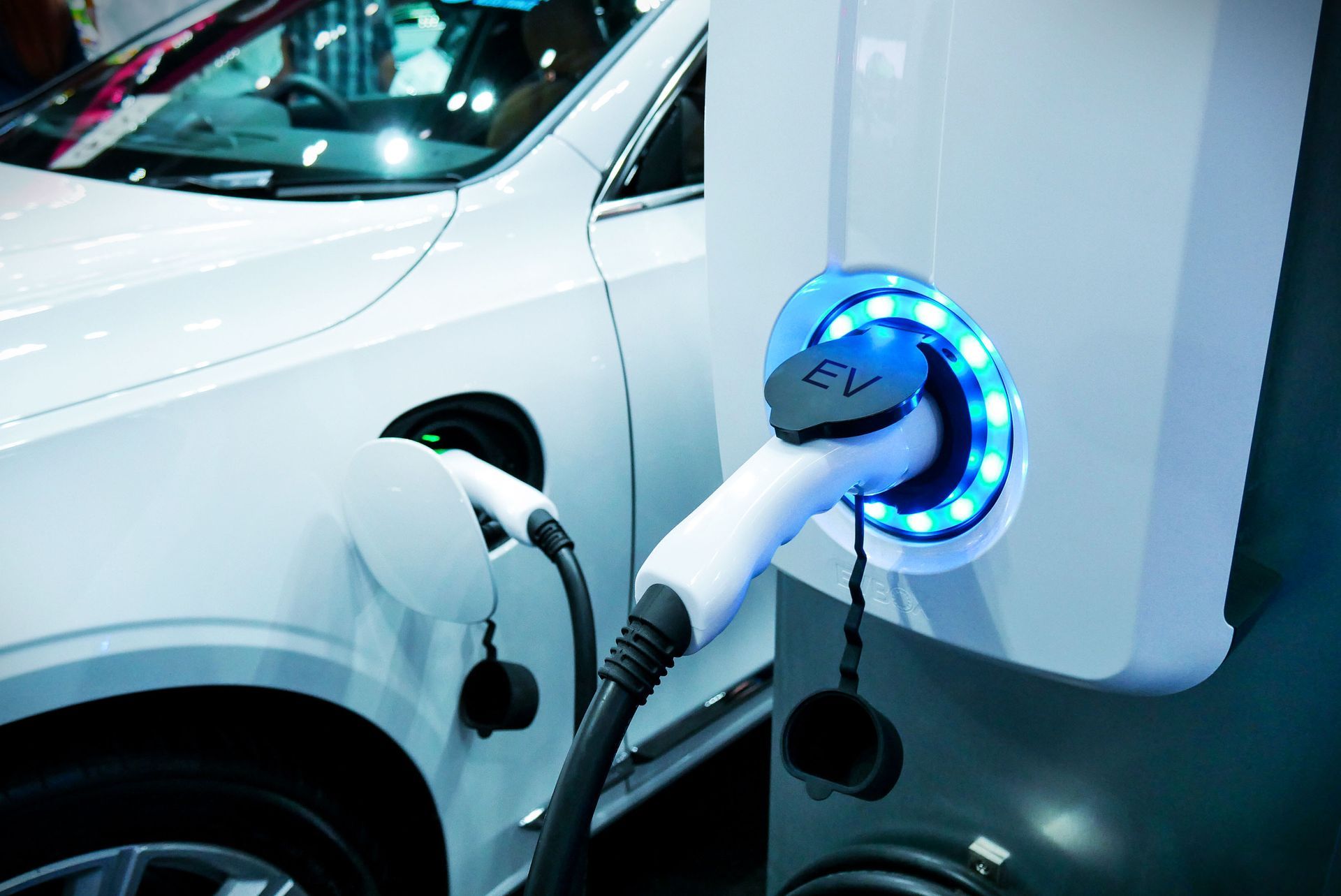
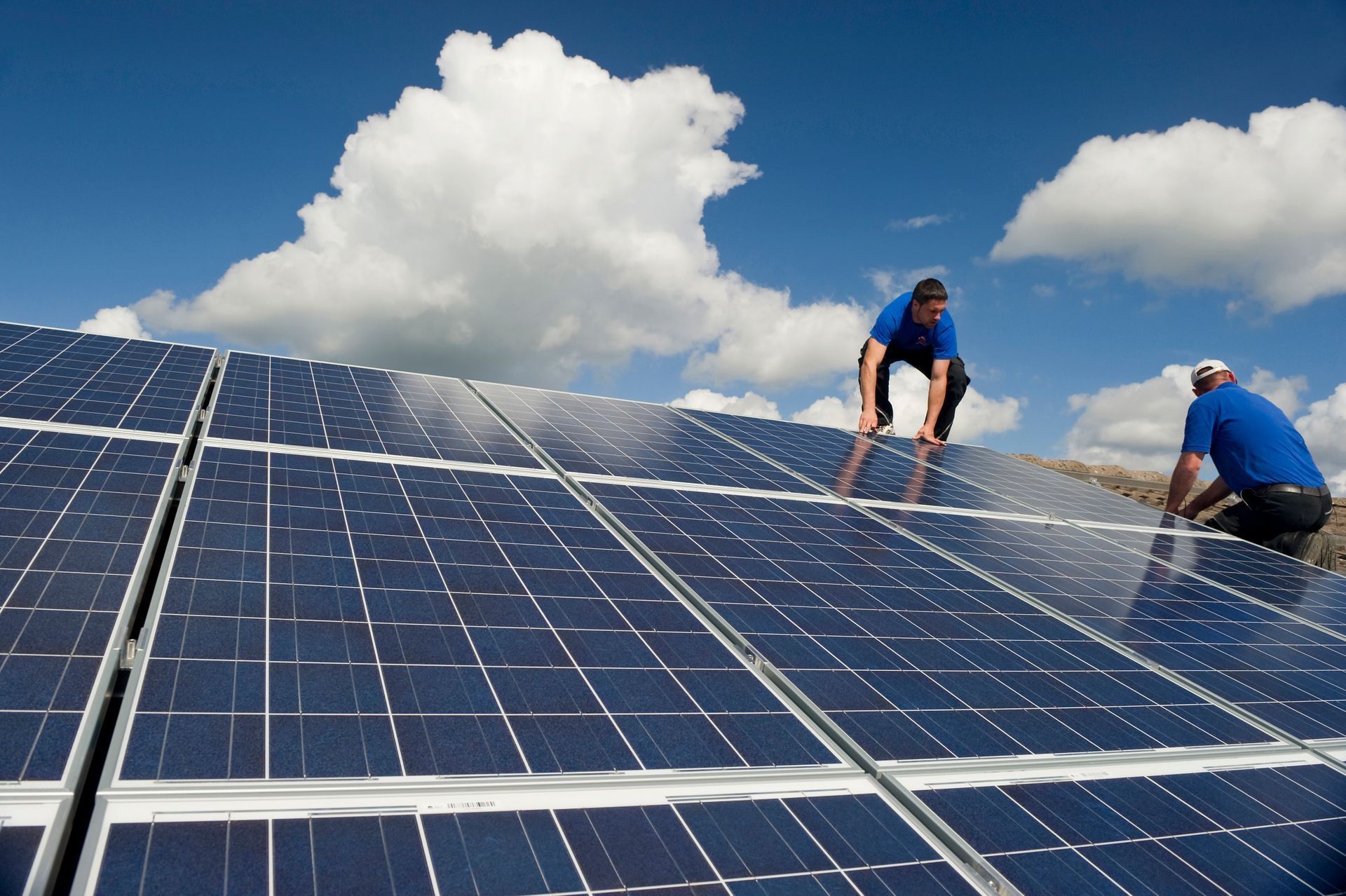
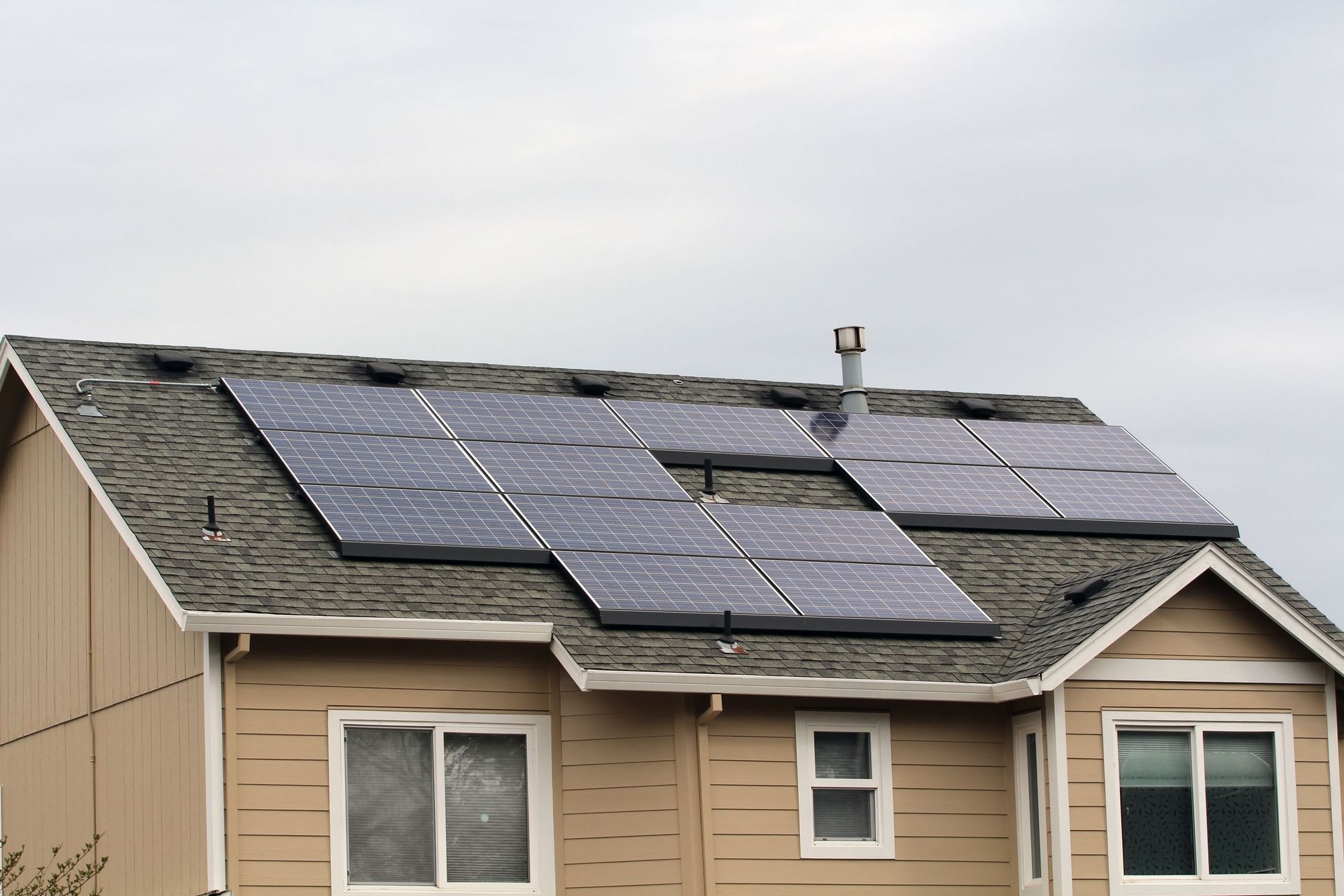
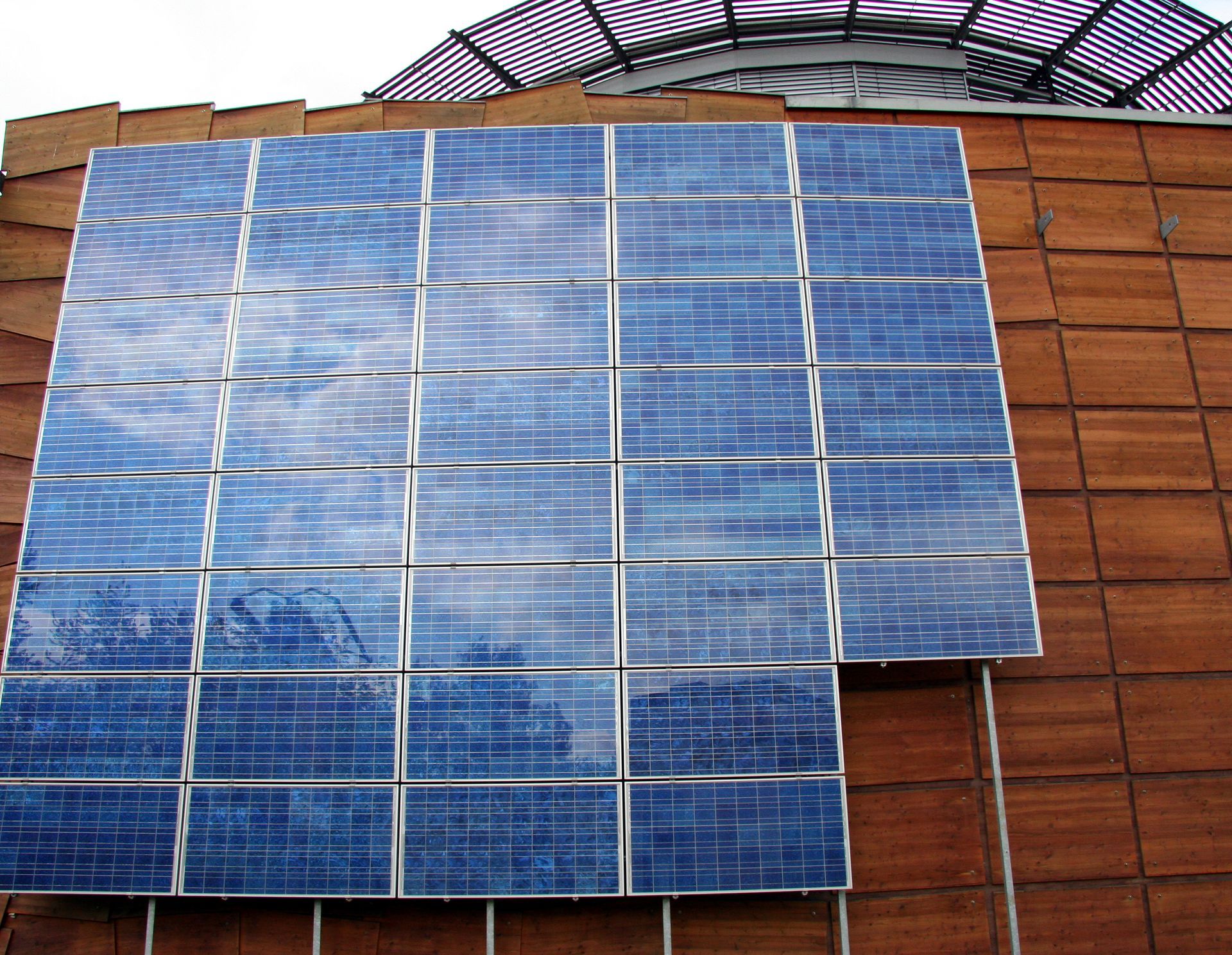
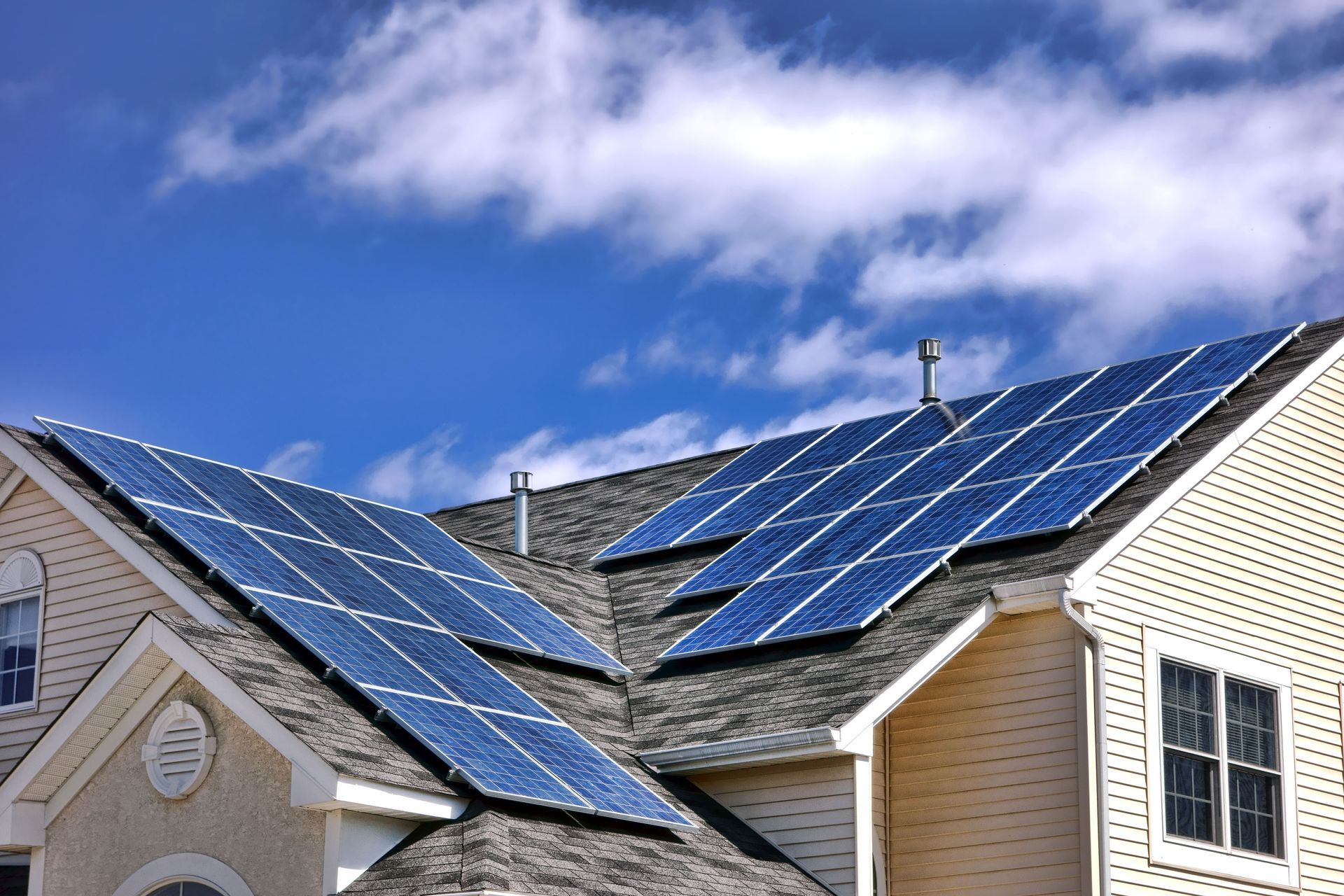
















Share On: